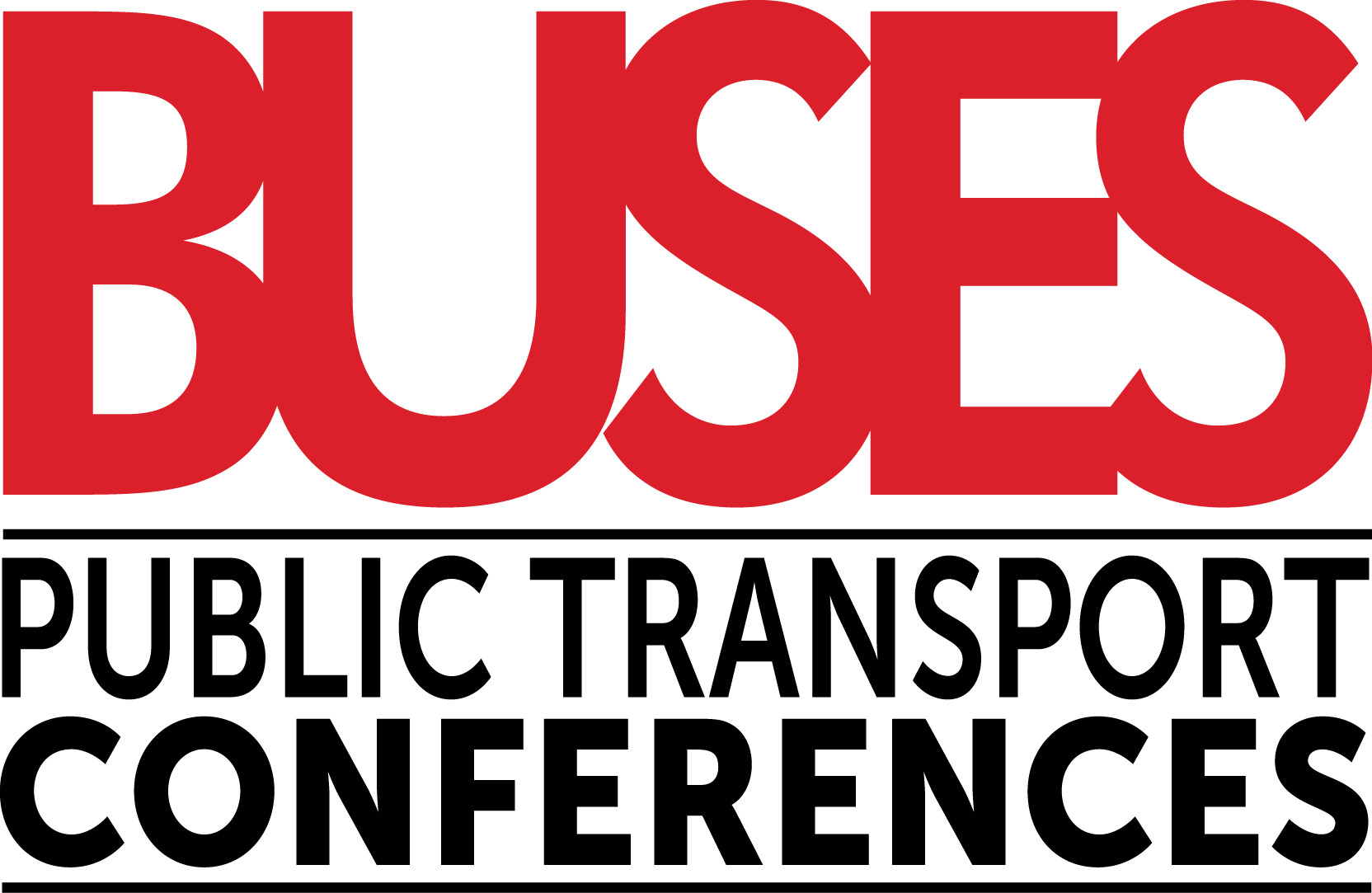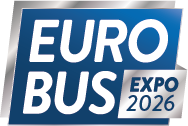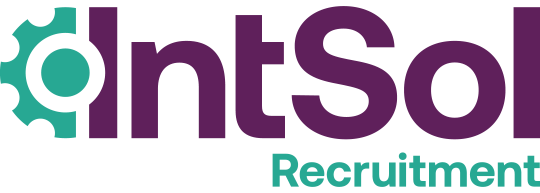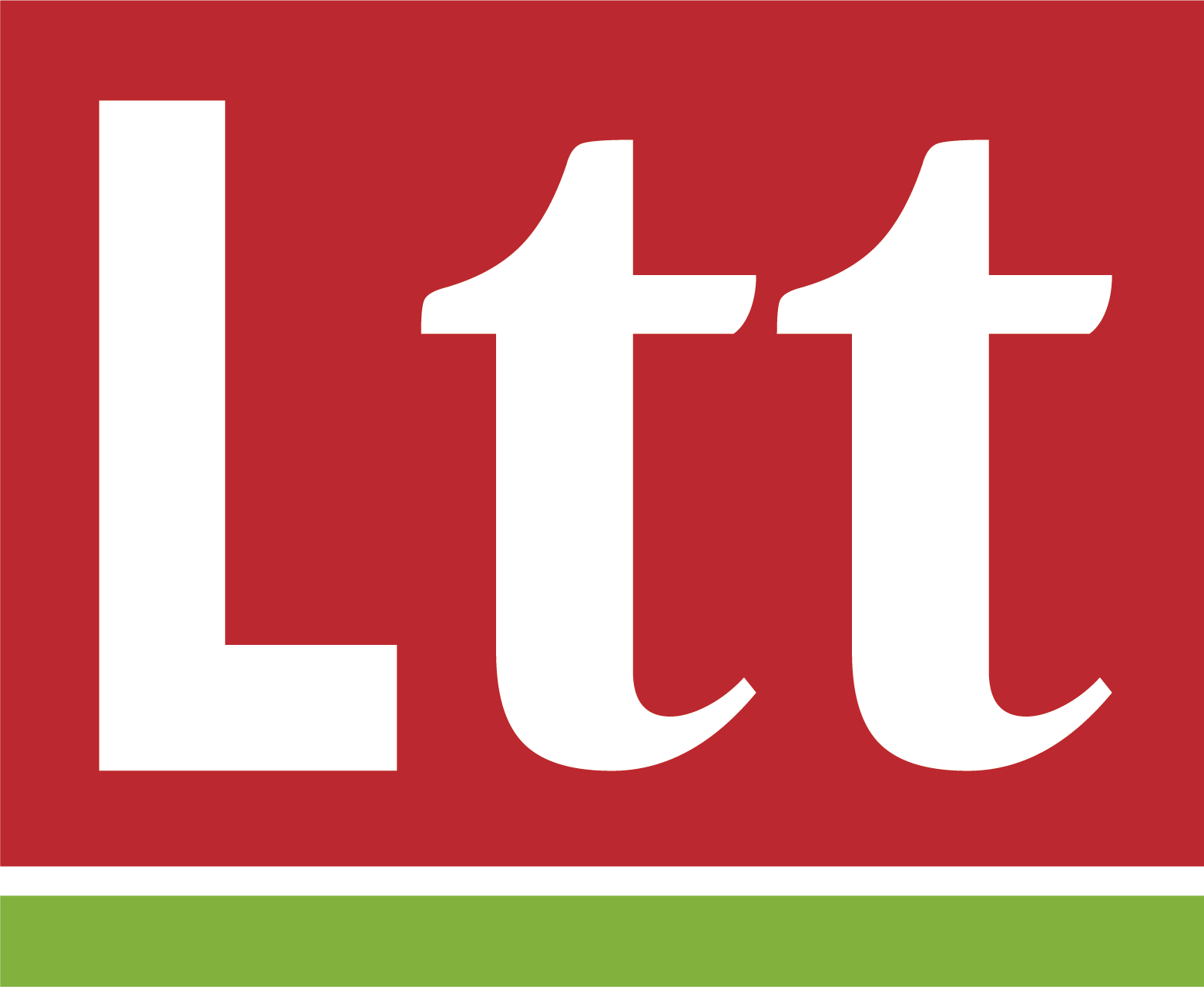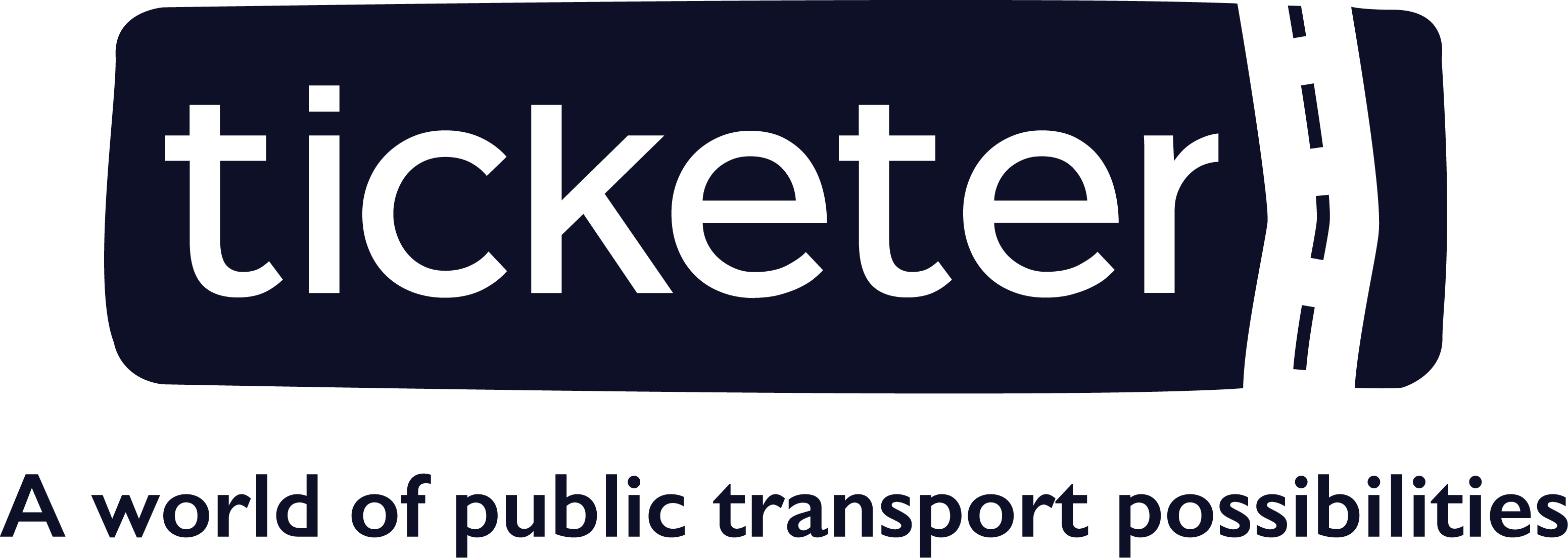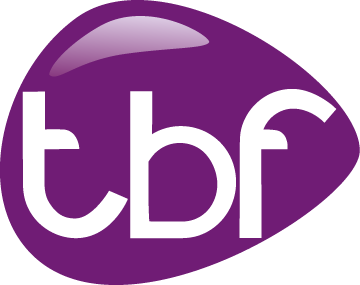sponsored by

This category is open to operators and local authorities either separately or in conjunction with one another.
For this category, we were looking for successful promotional ideas and campaigns which get the message about services over to the target market by advertising, PR activity or sales promotion schemes.
Finalists were able to show that the initiative
- created an impact
- won ‘hearts and minds’
- created or developed a strong brand or improved the image of bus travel
- helped to change public perceptions and/or consumer behaviour.
Any methods in the marketing toolbox could be used: branding, business-to-business, direct mail, media advertising, the internet, PR or a combination of all or some of these techniques.
The important thing is that the initiative will have delivered measurable results, building on strong research. In addition, clear monitoring will have enabled managers to judge results. Projects which are able to demonstrate some innovative thinking will also score well.
Results 2017
Winner, Gold Award
Beat the Rise – mTicket campaign – First West of England
The advantages of mTicketing of reducing the amount of cash carried on the bus and faster boarding times are well known, but when First West of England (FWE) measured the amount of time spent boarding on one of its busiest routes, it found that 29% of the journey time was taken up with boarding. It then filmed a group of students to board a bus with cash and then repeat the process with mTickets. It took 10.5 minutes to board them with cash and 2.5 minutes with mTickets; on average, nine seconds faster per person to board with an mTicket. The Global Mobile Consumer Survey reported that 87% of the UK adult population has a smartphone, though FWE’s own research found that, excluding concessionary users, 91% of its passengers owned a smartphone. In order to encourage mTicket use, a huge marketing campaign with included social media, in app banner advertising in over 80,000 apps within 1.5 miles of Bristol city centre, radio adverts and numerous poster sites. ‘Beat the Rise’ was the slogan, with price increases across the network for cash fares but prices held or reduced for mTicket users, alongside extensive use of the boarding video and the powerful message of reducing journey times. Drivers and other staff were included and reminded of the mTicketing systems and advantages. Year on year mTicket sales increased by 300% while on-bus ticket sales reduced by 20%. Average weekly sales revenue increased by 160%.
The judges really liked this well executed and honest scheme and were pleased to see the work done to demonstrate faster boarding, and thus overall decreased journey times when using mTickets over cash.
Winner, Silver Award
£1 flat fare for 18s and under – Go North East
Targeting an audience of students, apprentices and children under the age of 19, Go North East led a multi-faceted marketing campaign to launch an anytime, anywhere flat ú1 fare last summer. Partnerships were formed with colleges across the area and the campaign involved digital advertising, events in high footfall areas and a cinema advertisement screend across the region. Simplifying a confusing fare structure and making it cheaper for all young people to use buses, not only students, has resulted in an increase of annual sales by 65% and passenger numbers by 60%. By encouraging this audience to use the bus now, Go North East hopes that they will continue using the bus as they progress into adulthood.
Although thought to be a courageous step to reduce the fare for this age group, the judges were pleased to see that it is paying off and growing the long term market for bus travel.
Winner, Bronze Award
Come on you red men! – Stagecoach MCSL
As part of Liverpool Football Club’s planning consent for the Anfield stadium extension, a key requirement was that the additional 8,500 seats did not require any additional car journeys, so the football club engaged with Stagecoach MCSL to see if a well planned matchday bus service could meet this requirement from the planning department. The 917 service already ran on Liverpool FC home matchdays with four buses running four return journeys. The enhanced service would see this increased to 16 buses running on a continual loop for as long as was necessary at each home game. Of course, planning and providing the service was only half of the battle; people going to the match needed to know about the enhanced service and feel compelled to choose bus over car travel. It was identified that fans often travel as small groups, so Stagecoach MCSL introduced a new return ticket for four adults. Further research showed that boarding for the return journeys was a slow process, not only due to the sheer volume of fans exiting the stadium at the same time, but also because many were purchasing single tickets both ways. This was addressed through a marketing initiative that offered a ‘buy one, get one free’ on a pie or a pint at Anfield Stadium upon production of a return ticket for the 917 at the match. The overall uplift in patronage on the service was 194% against the previous season, significantly exceeding the 50% target set at the outset of the project. Across the season, the total revenue on the 917 service increased by 202%.
Having achieved modal shift, the judges thought that this was a scheme that other operators across the UK could repeat for sports fixtures and special events.
Finalists
Get Your Ride On – Arriva UK Bus
Across the UK there is a student population of more than 2.25 million and of these around one million are first year students. Almost three quarters move away from home, and this ú197,000 campaign aimed to encourage students to take an Arriva bus with the strong creative route Get Your Ride On. Alongside a variety of digital and online channels, ‘Arriva Angels’ visited more than 30 Freshers’ Fairs, display and roadside advertising was deployed along with 104 washroom panels across 12 bars and beermats were distributed to a further 35 student bars. This was a step change in Arriva’s approach to student engagement by deploying a vibrant creative with edgy messaging which really helped drive engagement levels. In fact the 2016 Student campaign is Arriva’s most successful to date, delivering year on year growth of up to 31% as well as creating long term relationships between Arriva UK Bus and its student customer base.
Whilst noting that this was an expensive campaign that could only have been undertaken by a bus group, the judges were impressed with the effective use of all marketing channels, and an innovative approach that had delivered a huge 31% year on year revenue increase from this market.
Glasgow Airport Express – First Glasgow
In July last year, First Glasgow launched the Glasgow Airport Express, a fleet of 10 state of the art vehicles featuring a new ‘airline inspired indentity’ and bespoke interior featuring high quality seating with branded headrests, under-seat lighting, complementary 4G WiFi, USB charging points and plenty of space for luggage. These bespoke vehicles along with branded bus stops and staff uniforms, an extensive marketing campaign and a variety of e and m ticketing options, have won over passengers with customer satisfaction at 93% and passenger numbers increased by more than 25% compared with the former Glasgow Shuttle airport service.
The judges were pleased that this well executed scheme was delivering passenger growth, and were especially keen to note the plan to add the facility for airline passenger to buy their bus ticket alongside their air ticket on airlines’ website.
Sandwell and Dudley low-fare zone – National Express West Midlands
National Express West Midlands (NXWM) operates across a large and mixed area – the city of Coventry, leafy Solihull, booming Birmingham, and the four boroughs of the Black Country with its elderly population and areas of deprivation. Whilst the cities of Wolverhampton, Coventry and Birmingham attract commuters and shoppers, customers travel to the smaller towns of the Black Country on different days for different reasons. They also make shorter journeys than other passengers, making NXWM’s West Midlands-wide fares seem poor value for money in the Black Country. The Sandwell and Dudley low-fare zone was designed to promote journeys into the main towns in the southern half of the Black Country – Stourbridge, Dudley, Halesowen, Oldbury and Tipton – as well as the two major destinations of Merry Hill shopping centre and Russells Hall Hospital. Fares were cut by at least 30% with the ‘Stay local, pay local’ strapline promoted in newspapers, telephone boxes, petrol stations and bus shelters as well as on mobile banners and Facebook advertisements. Four thousand extra bus journeys are now being made each day, 50% of which were not being made before the fare decrease and 67% of customers reporting that they now make more journeys by bus. Overall revenue has increased.
The judges were pleased to note that the scheme was delivering, and liked the use of petrol pump advertising.
Ellie the Electric Bus and friends – Nottingham City Council
Wanting to get its green electric message out to 25-35 year olds in the area, Nottingham City Council decided to communicate with 3-6 year olds using illustrated children’s books with the hope that the parents would read the books to their children and absorb the greener choice messages they were promoting, whilst at the same time encouraging young travellers to try the bus and tram and educate them in the safe ways to travel. Social media and web promotions were key in reaching a younger market and launching the first books alongside promotions with the electric bus and tram operators. Four books have been successfully launched, with each story based on a local area with a popular destination to encourage young people to visit and experience something new. Ellie the Electric Bus has been joined by Greta the Gas Bus, Marvin the Medilink and Kevin the Kangaroo, which promotes the new tram route to Clifton.
Whilst not providing evidence of how many additional passengers were attracted travel by bus, the judges thought the scheme could benefit from the upturn in the use of hard copy books by younger readers.
Who could be nominated?
This category was open to operators, authorities, other organisations or partnerships participating in the securing, marketing or promotion of registered local bus services.
… and by whom?
We welcomed nominations from customers, authorities, user groups or bus operators. Self-nomination was acceptable.
The Criteria and Entry Requirements
Nominations for this Award needed to demonstrate the successful creation and implementation of one-off promotional ideas or campaigns to promote the bus.
Entries were therefore required to:
- Provide evidence of the market research, methodology and results, carried out prior to the initiative.
- Describe how the initiative was planned and how the targets were set for it
- Describe the degree and nature of the innovation involved in the initiative
- Describe their work in the project to improve or promote the accessibility of their product for all customers and, if relevant, for people with mobility difficulties
- State how the initiative was executed, showing methods used and why, how demand was stimulated and customer access to the product improved and how potential customers were identified and informed
- Describe how the impact of the initiative was monitored and measured
- Describe any changes to the initiative made as a result of the monitoring
- Supply statistical evidence showing the results of the initiative in terms of patronage, revenue or other appropriate indicators, especially modal shift achieved
- State whether the results are likely to be sustainable
- Describe any future plans for further development
- Include any relevant supporting material
- Supply appropriate examples of the initiative’s materials that delivered the reported results.










